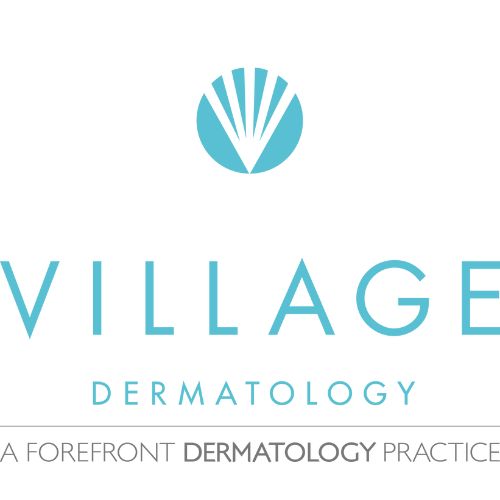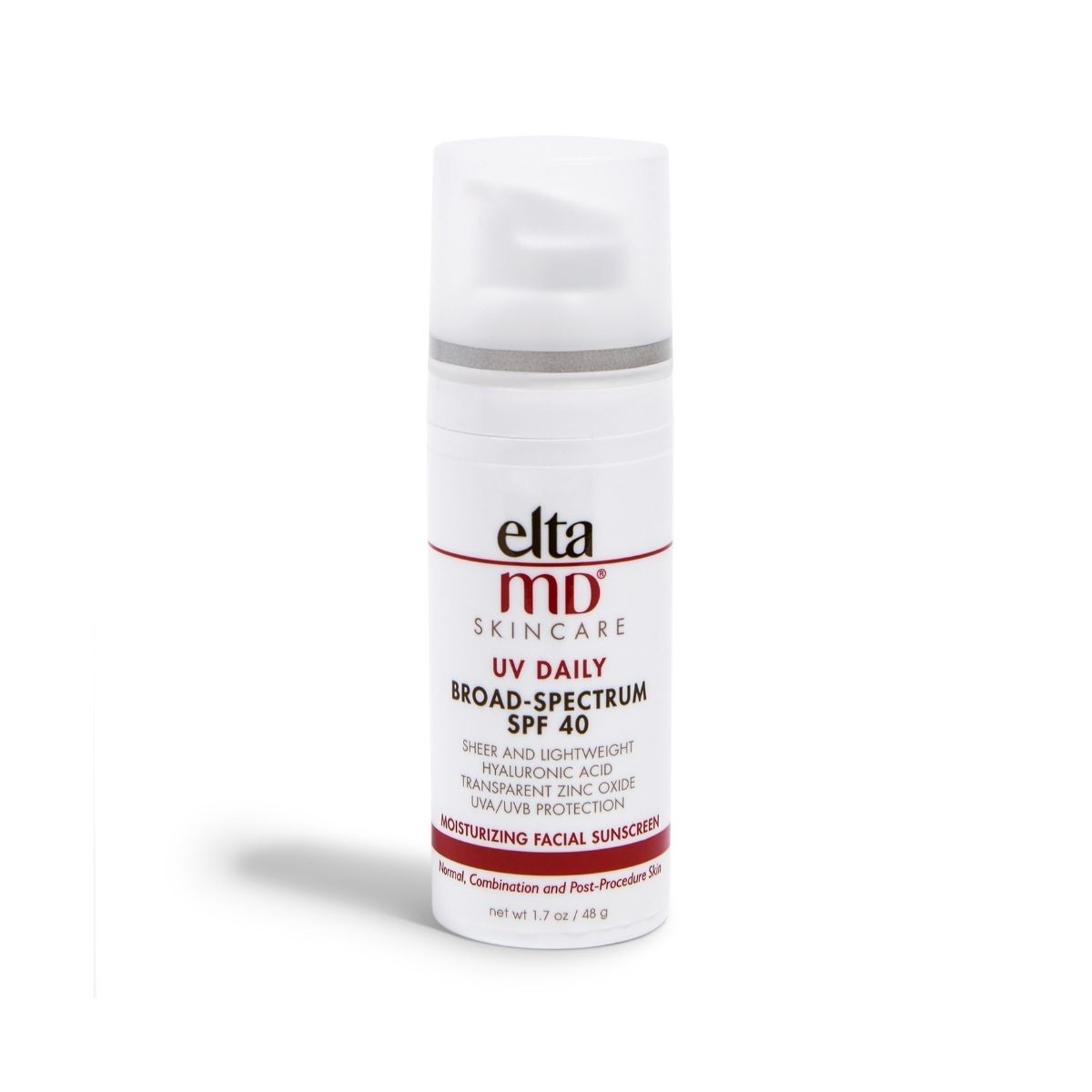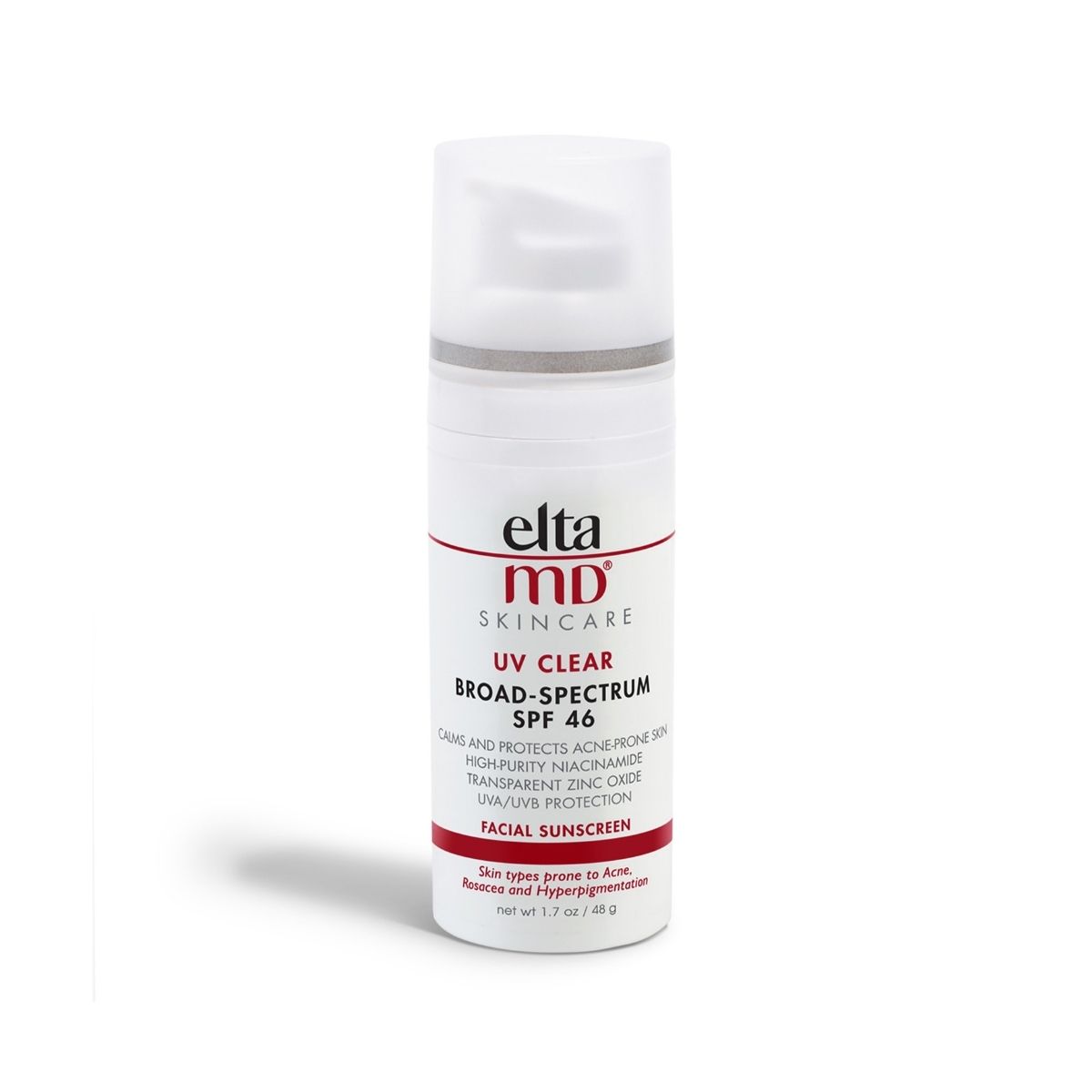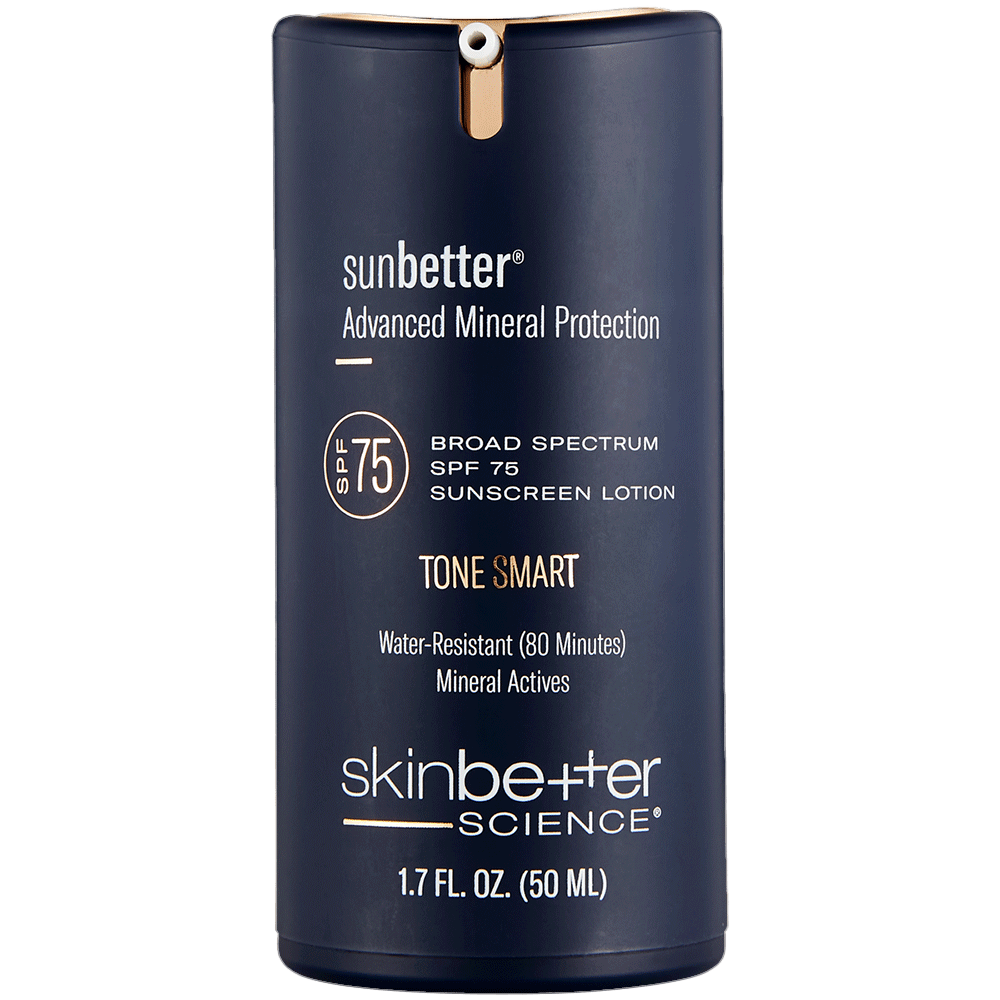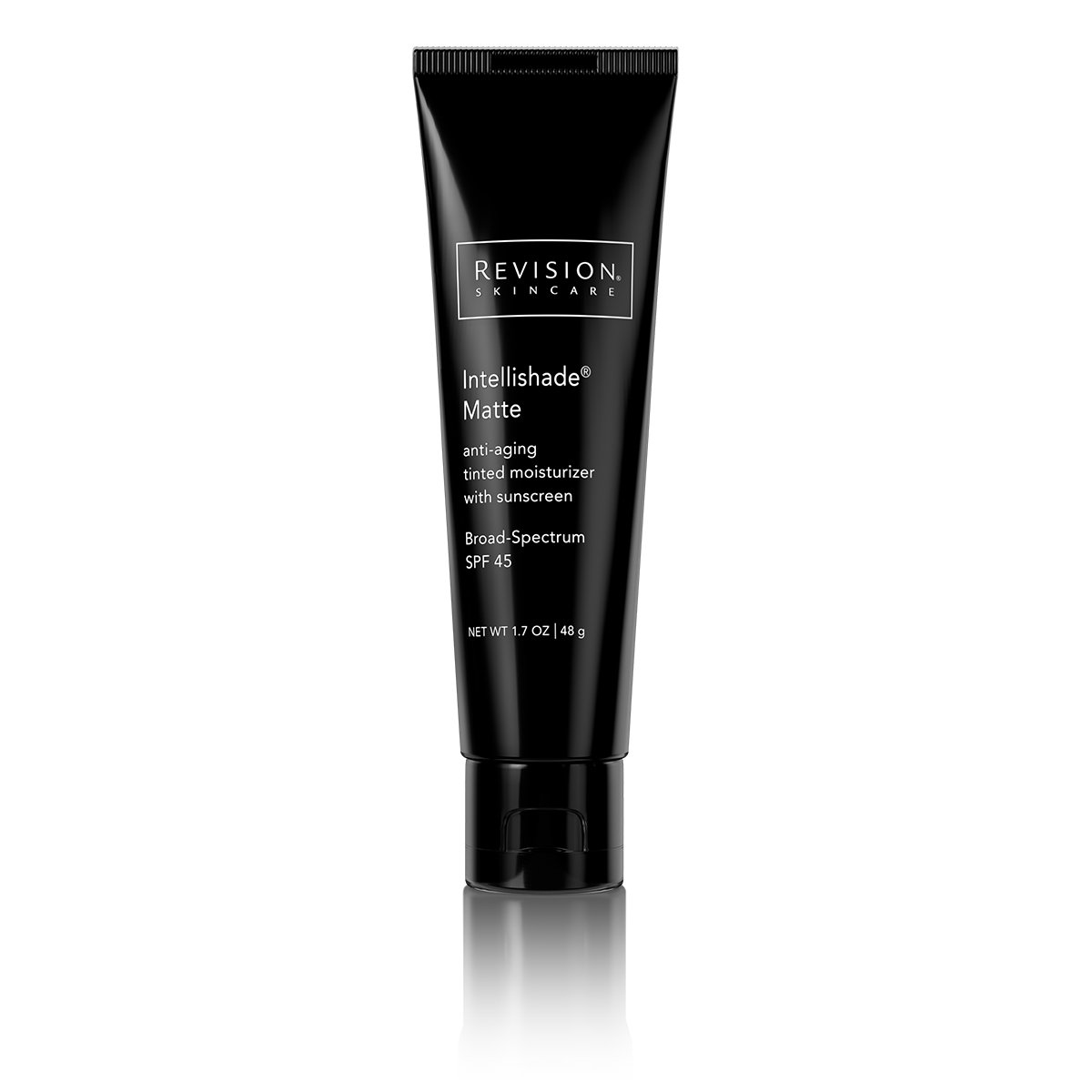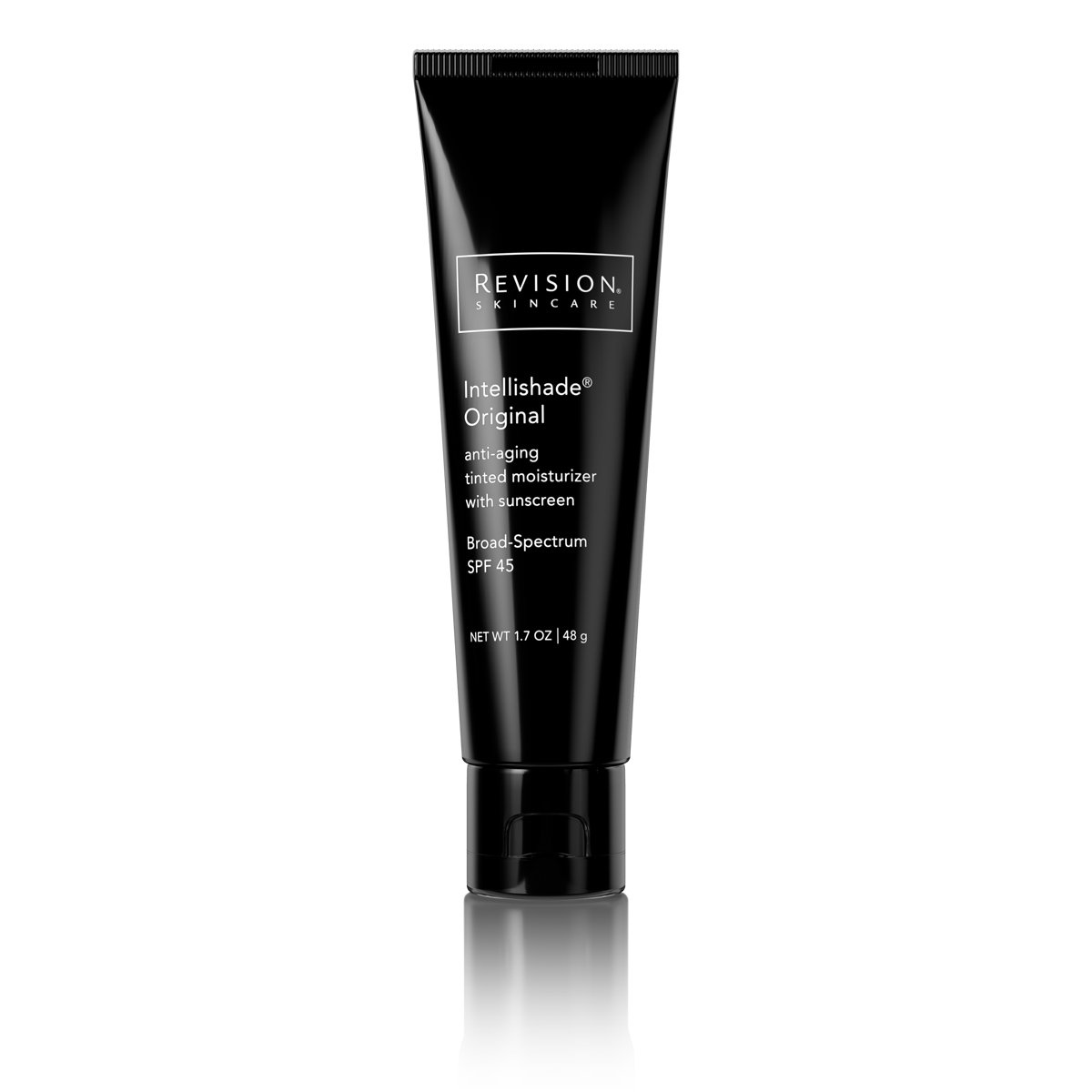5 Best Sunscreens for Every Skin Type
Come rain or shine, wearing sunscreen is one step in your skincare routine that you can’t afford to skip. It’s the best and easiest way to protect your skin from harmful UV rays in sunlight. Regular use of sunscreens will help prevent sunburns and skin cancer and premature aging. That’s why it’s so important to make sunscreen a part of your daily skincare routine.
But which is the best sunscreen for your skin type? Shopping for sunblock can be overwhelming. To make the choice easier, we’re going to tell you about some dermatologist-recommended sunscreens for every skin type.

Types of Sunscreens
Before we dive into the recommendations for the best sunscreens, let’s take a quick look at the different types available. Sunscreens can be broken down into essentially 2 types – mineral sunscreens and chemical sunscreens. They work in different ways to protect your skin from the sun.
Mineral Sunscreens
Mineral sunscreens sit on top of your skin and create a physical barrier to block or deflect UV rays. They contain ingredients like zinc oxide or titanium oxide. You can think of them as tiny mirrors, and they offer protection against both UVA and UVB rays. They’re effective as soon as they’re applied. However, because they can get easily rubbed off or be rinsed off with sweat or water, you need to reapply them frequently. Some people don’t like mineral sunscreens because they tend to leave a white film or cakey residue on the skin.
Chemical Sunscreens
Chemical sunscreens work differently than mineral sunscreens as they get absorbed into your skin. They absorb UV rays and convert them into heat. Most individuals are not aware that it takes chemical sunscreens 20-30 minutes to become effective. You still need to reapply chemical sunscreens if you’re in direct sunlight. However, you can apply smaller amounts compared to mineral sunscreens. Chemical sunscreens are also thinner and easier to spread on the skin and are invisible after application. Please note: All of the chemical sunscreens we carry are benzene-free.
Combination Sunscreens
One of the more popular approaches that some expert sunscreen manufacturers use is a combination approach—combining the benefits of both chemical and mineral sunscreen properties. In general, this makes for a great sunscreen that protects your skin and delivers another level of cosmetic elegance.
Understanding SPF
SPF or sun protection factor is a measure of how much UV radiation produces sunburn in protected skin versus unprotected skin. A higher SPF value indicates greater sun protection. But you shouldn’t go by SPF number alone. For example, don’t think that if you normally get sunburned in 1 hour, an SPF 15 sunblock cream will lengthen this to 1 hour 15 minutes.
The truth is that besides the duration of sun exposure, other things matter too. For instance, one hour of sun exposure at 9:00am could be equivalent to just 15 minutes of sun exposure at 2:00pm. The effectiveness of sunscreen also depends on your skin type, the amount of sunscreen you apply, your activities (for example, swimming can wash off sunscreen), and how frequently you reapply your sunscreen.
Dermatologists advise that you find a sunscreen that suits your skin and lifestyle and contains a minimum of SPF 30.
Alright, so now let’s get to it. Here are the 5 best sunscreens for every skin type as recommended by a dermatologist.
Best All-Around Sunscreen – EltaMD UV Daily
Price: $30.50 for 1.7 oz (50 mL) SHOP NOW
SPF 40
Type: Mineral/Chemical (Combination) Sunscreen
Key Features: The EltaMD UV Daily is a broad-spectrum sunscreen that protects your skin against both UVA and UVB rays. This SPF 40 sunscreen contains hyaluronic acid to boost hydration and help to reduce fine lines. It’s an excellent lightweight sunscreen and moisturizer that be worn by itself or under makeup. Tinted and untinted formulas are available, making it a great choice for daily use for all skin types.
Best Sunscreen for Acne-Prone Skin – EltaMD UV Clear
Price: $37 for 1.7 oz (50 mL) SHOP NOW
SPF 46
Type: Mineral/Chemical (Combination) Sunscreen
Key Features: The EltaMD UV Clear is a broad-spectrum sunscreen that offers SPF 46 sun protection. It’s an excellent choice for acne-prone and pigmentation-prone skin. The ingredients in this dermatologist-recommended sunscreen include hyaluronic acid and lactic acid to promote hydration. It also contains niacinamide (vitamin B3) and tocopheryl acetate (vitamin E) that help to calm breakouts, reduce discoloration, and diminish the visible signs of aging. This lightweight and silky sunscreen doesn’t leave any residue and is available in both tinted and untinted versions.
Best Sunscreen for Sensitive Skin – SkinBetter Science Tone Smart Lotion
Price: $75 for 50 mL SHOP NOW
SPF 75
Type: Mineral Sunscreen
Key Features: This mineral sunscreen provides extraordinary protection for sensitive skin with an SPF 75 rating. It’s a soothing, creamy lotion that’s effective against both UVA and UVB rays. With 80-minutes of water resistance, you have the advantage of less frequent reapplication if you’re in the water. The hint of color in this sunscreen is ideal if you’re looking for something that adapts to your skin tone, like a light foundation (it can be worn under makeup as well).
Best Sunscreen for Oily Skin – Revision Intellishade Matte
Price: $80 for 1.7 oz (50 mL) SHOP NOW
SPF 45
Type: Mineral/Chemical (Combination) Sunscreen
Key Features: This broad-spectrum SPF 45 sunscreen is ideal for people with oily or combination skin. It contains vitamin C to brighten skin tone and lecithin to improve pore size and absorb excess oil. This sunscreen also contains a blend of additional ingredients to hydrate and enhance your skin’s natural moisture barrier and promote overall skin health. It’s a great 5-in-1 tinted moisturizer/sunscreen combination product that protects, corrects, conceals, brightens, and hydrates your skin.
Best Sunscreen for Dry Skin – Revision Intellishade Original
Price: $76 for 1.7 oz (50 mL) SHOP NOW
SPF 45
Type: Mineral/Chemical Sunscreen
Key Features: Revision Intellishade Original is a broad-spectrum SPF 45 sunscreen that protects your skin against UVA and UVB rays. This is a clinically proven 5-in-1 anti-aging formula that not only protects your skin from the sun but also corrects, conceals, hydrates, and brightens your skin. The tinted formula is ideal for daily use as it conceals minor imperfections. The active ingredients in this sunscreen for dry skin work to improve the appearance of fine lines, brighten skin tone, and improve overall skin health, leaving you with a healthy glow.
We hope this guide to sunscreens has helped you understand more about this important product in your skincare health. As always, if you have any questions, please don’t hesitate to reach out to our Skincare Specialist at our Skin for Life Boutique.

